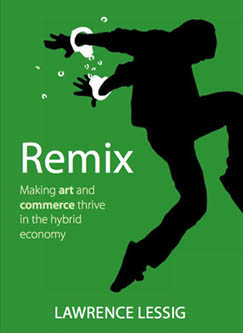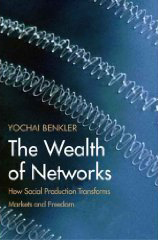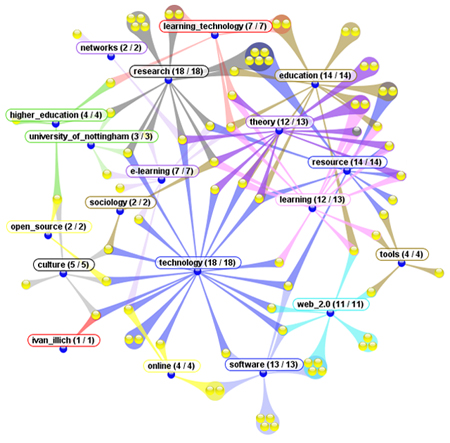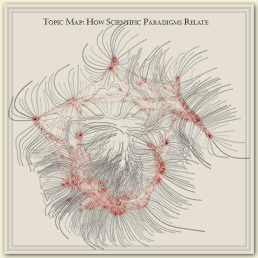In the latest edition of Analysis on BBC Radio 4 (available as a podcast for the next seven days), Kenan Malik explores the rise of the digital generation and the question of whether new technologies are actually ‘rewiring’ the brains of young people.
Author Don Tapscott is typically optimistic about the effect of new technologies, and their capacity to encourage new ways of thinking, problem solving and collaborating. Yet Tara Brabazon, Professor of Media Studies at Brighton University, is damning of the dumbing down effect of technologies which encourages the ‘grazing’ or ‘skimming’ of information resources, arguing it prevents higher education students developing deeper processes of enquiry which question and challenge.
This is largely backed up by Professor David Nicholas from University College London, who questions the increasing superficiality or shallowness of so called ‘horizontal’ knowledge acquisition. He suggests that it is actually older learners who are empowered by new technologies because they already have a ‘framework’ developed through traditional methods of reading, research and thinking; processes to which younger learners are becoming increasingly excluded.
Brabazon’s approach of banning her students from using Google and Wikipedia therefore seems justified. Yet I would argue such broad-brush reactions overlook the potential of using technologies in a more focused and supportive pedagogy, where appropriate tools can be facilitated at a micro-level around personal and collaborative enquiry that may support and encourage deeper learning processes.
Malik concludes by suggesting new digital technologies are not the problem, rather that the social and cultural practices that have emerged around their use have not been sufficiently challenged by pedagogical approaches which readily adopt them.
The programme transcript is available here.





